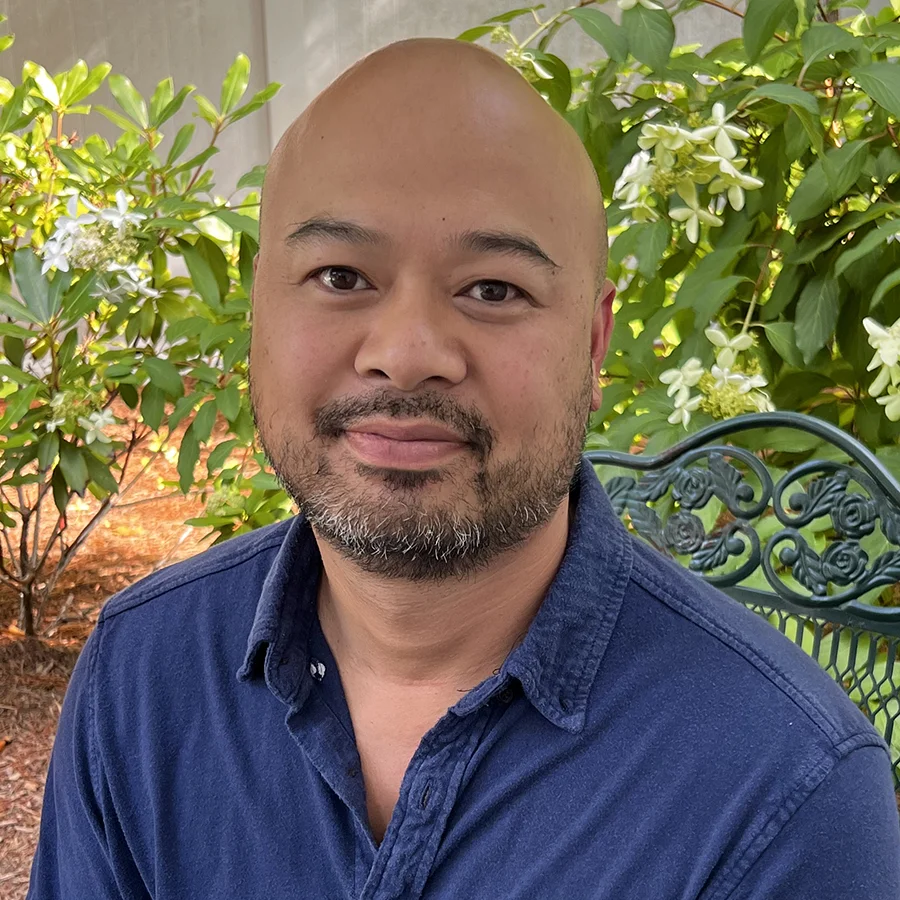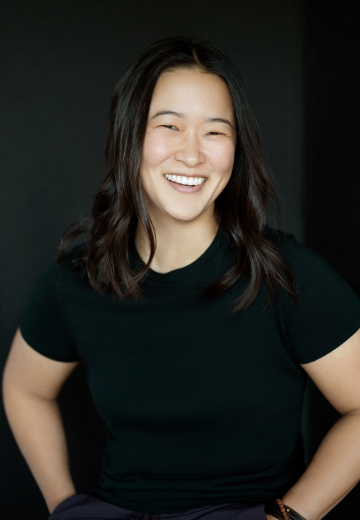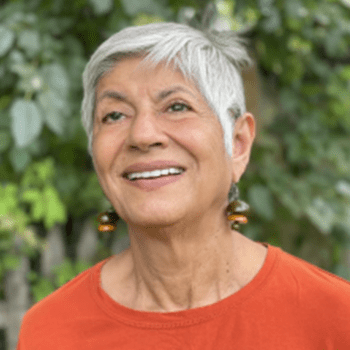In Conversation with Oliver De La Paz
- Elianna UKimura
- Jun 12, 2025
- 5 min read

Oliver De La Paz is an Asian American poet and educator. He is the Poet Laureate for the City of Worcester, and a professor in creative writing at Holy Cross. He holds a bachelors in science from Loyola Marymount, and a MFA from Arizona State University. Paz has authored and edited 7 poetry collections, of which he has received numerous awards including the Crab Orchard Award, and the Akron Poetry Prize. His collections includes The Boy In the Labyrinth, Post Subject, A Fable, A Face To Meet the Faces, Requiem For The Orchard, Furious Lullaby, and Names Above Houses. Paz’s work is featured in numerous journals and papers, including the New York Times, Poetry, and North American Review.
I have been fortunate enough to be conversing with Oliver over the last few months, and I could already tell how kind he was, as he was especially willing to become part of my project. While he was doing a writing workshop at Kenyon college, I asked him a series of questions that were central to my project. Questions about poetry, a necessary form of literature, and its' vitalities it can give, especially for Asian American identifying persons. I began by asking: What role do you believe poetry plays in shaping stories we tell about ourselves and for our communities?
Oliver began:
“When my family fled the Philippines in 1972, we would soon find ourselves in a predominantly white farming community. In my part of rural Eastern Oregon, we were the only Filipino family for a 60 mile radius. My sense of self was initially defined by who I was not. Often, the assumptions about me were lumped in with a Pan Asian, mostly East Asian identity. I embraced books and reading as a way to escape my upbringing and what I found in books were a smattering of poems here and there that spoke to me about loneliness. Those were my early books. Later, I would find a writing community through poetry and poets who wrote similarly about their own experiences. I experienced the poems of Li Young Lee, Cathy Song, Garrrett Hongo, and others who became touchstones and would later introduce me to a broader Asian American writing community. So poetry was something that enabled me to feel, emotionally, what it must feel like to be a part of a community. But it also allowed me to feel like I’ve lost community and that searching for people like myself was a worthy and important endeavor. OLiver continued that “Poetry unlocked for me a number of things in the end—it unlocked access to my sense of “emotional truth” and that what I was feeling in my lonely Eastern Oregon town was an honest sense. It also unlocked a real poetry community and through my poems I befriended a number of Asian American artists and writers.”
The second question I asked him was articulated through the different paradigms of storytelling, and how that can open opportunities for the youth. I asked: When you think about storytelling through poetry, especially for Asian American identifying youth, what possibilities open up that other forms might not offer?
Oliver started
“The first thing that comes to mind is “immediacy.” The poem, due to its brevity and its tethering to the image and metaphor allows for an immediate emotional understanding. And emotional understanding is an essential thing to identify in yourself. Emotions affect your body and your body chemistry which is to say that the impressions that a beautiful poem may have on you is physical and can alter your brain chemistry. In antiquity, writing poems was often lumped together with the healing arts. This makes sense to me, though unfortunately it makes less sense to so many people these days. Being able to express oneself through poetry is a way for you to access the interior life which, in turn, allows you to consider yourself in your moment and in your time. It allows you to take inventory of who you are, when you are, and what is moving you at the moment.
The third and final question, found by the central element of my project, is about identity and stereotypes. With the model minority myth hindering AAPI identifying persons to speak and find themselves in a prejudiced world, I asked: How can poetry help young people reclaim identity that's been distorted bv stereotypes or silence?
Oliver, so very beautifully said:
“The poet Sean Thomas Dougherty has written a wonderful poem entitled “Why Bother?” which goes like this:
Because right now there is someone
Out there with
a wound in the exact shape
of your words.
As I had mentioned in response to question #1, I was a young person living in a town that was predominantly white and I felt alone. Isolated. I was eventually able to find community at first in books and then eventually those books helped me seek out a very real community. In the end, language is what allowed me to understand who I was and why I felt the way I felt. Poetry is remarkable because of its immediacy and it’s ability to peel down layers and get to the heart of what it is you may be feeling with the knowledge that yes, someone else may have felt this way as well. In the end, you feel a little less lonely knowing that someone was able to share what it is you may be experiencing.
Oliver found himself through poetry, ways many pursuits of life and even art cannot help us find. He holds an experience many of us or our families hold, of moving from a foreign country to the United States. An experience sometimes overshadowed because of how common it is despite the hardships it holds that are many times indescribable. From ourselves even, but also from the society of which has helped us forget and ignore. API and AAPI are held to an idea that we do not have any true hardships, the fueling factor of the model minority myth. And this creates an expectation that we can not unleash our emotions. And accepting our emotions, is the first step of understanding them, and therefore more about our identity.”
Poetry is a literary form that helps us arrange and organize our messy lives into sets of mannerly verses. Our lines don't necessarily have to be “good”, nor do they need to rhyme here and there. The poems don't even have to make any sense—it just needs to be sprung out, with some acquiescence of the gaping parts of ourselves, onto a page. Enunciating our lives into rhythm can help us plasticize our pasts, and presents, molding them into a tangible clasp, helping us maintain equanimity during the most trialsome of times. We then create something entirely brand new that is separate, yet also paradoxically holding an individual tie within ourselves. The words that we create together instinctively become stunningly eloquent, beautiful, and even understandable; of our surroundings, and of the idiosyncratic journey of identity itself. As Oliver said so beautifully, and to recite again “Being able to express oneself through poetry is a way for you to access the interior life which, in turn, allows you to consider yourself in your moment and in your time.”
Check out Oliver’s page on both his own site and the Poetry Foundation!


Comments